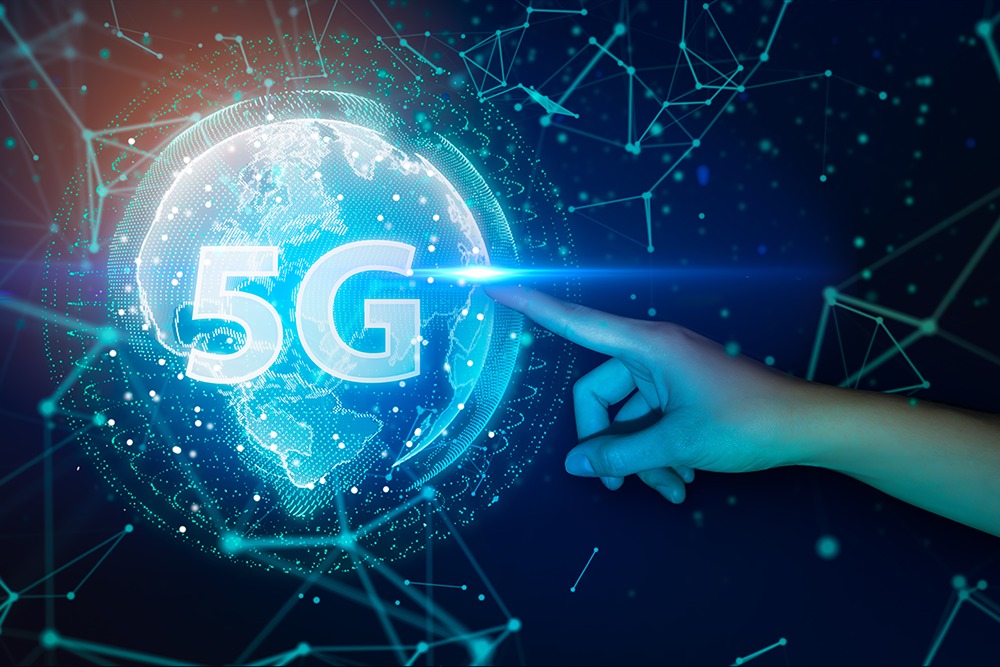The transition from 4G to 5G technology signifies a monumental shift, not only in terms of technological advancement but also in how individuals and organizations share and access data. The advent of 5G technology has ushered in a new era of faster, more reliable wireless communication, which has fundamentally altered the data sharing landscape. This article delves into the evolution of 5G technology and explores its profound impact on data sharing.
The Genesis of 5G Technology
The conceptualization and development of 5G technology began as early as the late 2000s with the aim of addressing the limitations of its predecessor, 4G. The primary goal was to achieve faster data transmission rates, lower latency, and higher capacity to accommodate a growing number of connected devices.
The International Telecommunication Union (ITU) played a pivotal role in setting the standards for 5G, which was officially named IMT-2020. The first commercial deployments of 5G commenced in 2019, marking the beginning of a new chapter in wireless communication technology.
Key Features of 5G
5G technology is characterized by its ability to provide significantly higher data speeds, reaching up to 10 Gbps, which is approximately 100 times faster than 4G. Besides speed, 5G also boasts of lower latency, with data transmission times dropping to as low as 1 millisecond.
Moreover, 5G technology provides a massive device connectivity, allowing for up to 1 million connected devices per square kilometer. This feature is particularly crucial for the proliferation of the Internet of Things (IoT), enabling seamless communication between a myriad of devices.
The Impact of 5G on Data Sharing
Accelerated Data Transmission
The blazing fast speeds of 5G technology have revolutionized data sharing, making it quicker and more efficient. Individuals and businesses can now transmit hefty data files almost instantaneously, thus enhancing productivity and facilitating real-time collaboration.
Furthermore, the accelerated data transmission facilitated by 5G has been a boon for time-sensitive applications such as autonomous driving and remote surgery, where a delay of even a fraction of a second could have dire consequences.
Enhanced Security and Reliability
5G technology also brings about improved security and reliability in data sharing. The robust architecture of 5G networks provides a solid foundation for secure data transmission, minimizing the risks associated with data breaches and cyber-attacks.
Moreover, the reliability of 5G networks ensures consistent connectivity, which is indispensable for critical operations in various sectors such as healthcare, finance, and industrial automation.
Conclusion
Fostering Innovation
The evolution of 5G technology has not only improved data sharing but also spurred innovation across various domains. The reduced latency and increased bandwidth have paved the way for groundbreaking applications, ranging from real-time analytics to augmented and virtual reality experiences.
Future Prospects
As 5G technology continues to mature and proliferate, its impact on data sharing is expected to broaden. The integration of 5G with other emergent technologies such as edge computing and artificial intelligence is poised to further enhance the data sharing ecosystem, opening up new avenues for technological advancement and societal progress.





